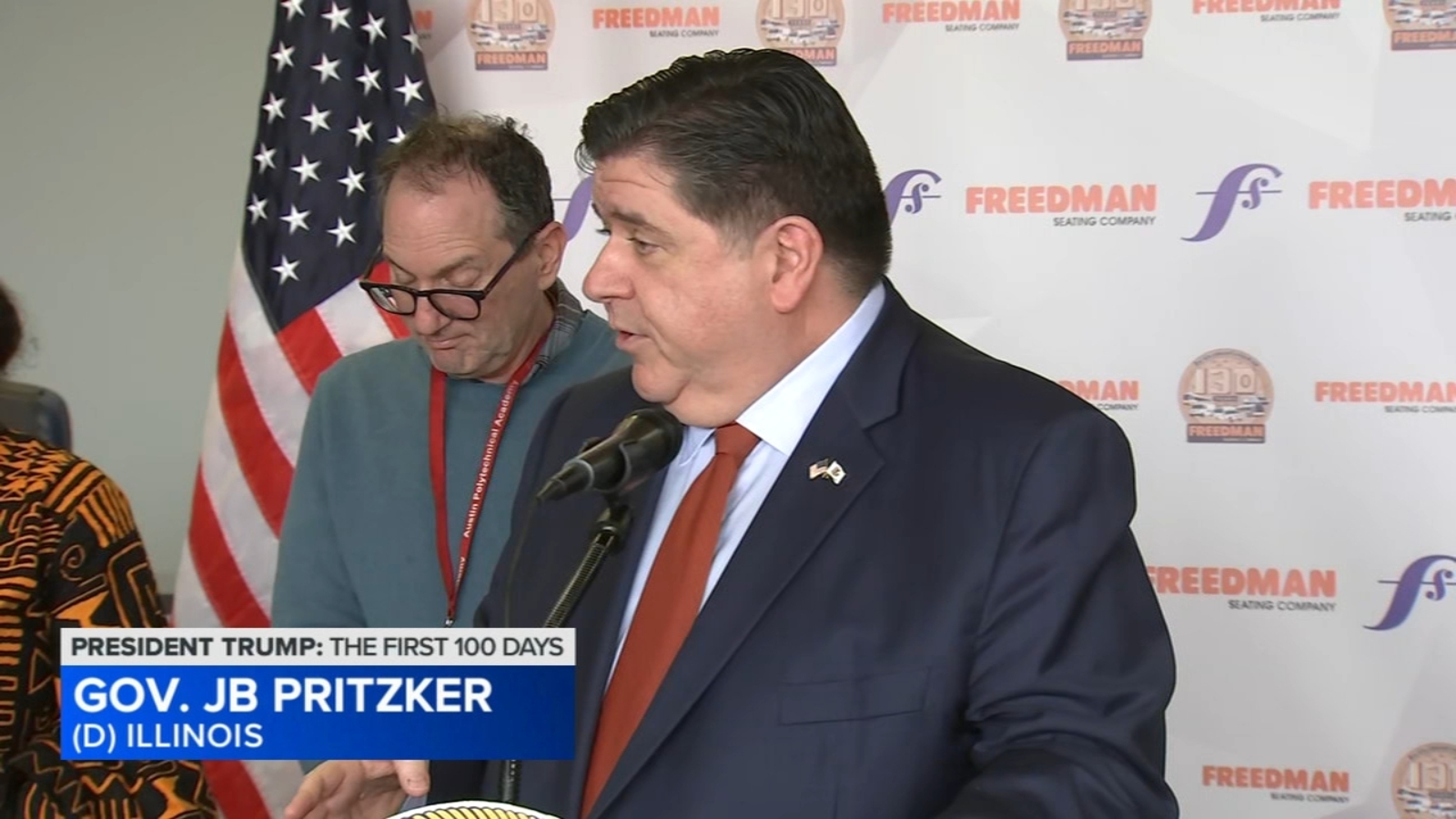U.S. Department of Justice Agrees to Restrict Elon Musk-Led DOGE's Access to Treasury Data

The U.S. Department of Justice (DOJ) has taken steps to temporarily restrict the Elon Musk-headed Department of Government Efficiency (DOGE) from accessing sensitive Treasury Department payment systems.
This decision follows a lawsuit filed by three federal employees’ unions, who argue that DOGE’s access to these financial databases is illegal and represents a dangerous overreach by unelected officials.
The legal challenge against DOGE comes as congressional Democrats intensify their opposition, raising alarms over the lack of oversight and accountability regarding Musk’s role in scrutinizing federal expenditures. However, Musk has dismissed these concerns, claiming that the resistance to DOGE’s access to financial data suggests that lawmakers have something to hide, which will all be exposed if his team is allowed to inspect the government’s spending records.
Register for Tekedia Mini-MBA edition 16 (Feb 10 – May 3, 2025) today for early bird discounts.
Tekedia AI in Business Masterclass opens registrations.
Join Tekedia Capital Syndicate and co-invest in great global startups.
Register to become a better CEO or Director with Tekedia CEO & Director Program.
Under the proposed DOJ order, only two DOGE representatives, Tom Krause, and Marko Elez, will retain access to the Bureau of the Fiscal Service, the agency responsible for managing U.S. government accounting, payment systems, and public debt. Even then, their access will be read-only, meaning they will be able to review financial records but not modify them in any way.
The order specifies that no additional DOGE officials will be granted access to Treasury’s payment systems, and DOGE’s existing access to Treasury payment records will be revoked if further legal challenges succeed. The DOJ will continue reviewing the legality of DOGE’s role and access privileges. The order awaits approval from U.S. District Judge Colleen Kollar-Kotelly in Washington, D.C., before it is formally enacted.
Established under the Trump administration, DOGE was created as an anti-bureaucracy initiative aimed at reducing government waste and cutting excessive spending. Its mandate includes identifying inefficiencies across federal agencies, auditing expenditures, and proposing cost-saving measures.
However, from its inception, DOGE has faced significant opposition from Democratic lawmakers, who argue that it allows unelected officials too much influence over federal operations. Many see DOGE as a politicized tool meant to undermine certain government programs, particularly those associated with Democratic policies.
The biggest point of contention has been DOGE’s attempt to gain access to financial databases controlled by the Treasury Department. Critics argue that DOGE does not answer to Congress, meaning its investigations into government spending could be weaponized for political purposes. There are also concerns that allowing DOGE representatives to sift through Treasury’s financial data could expose sensitive economic and national security information.
No previous administration has granted an independent department such broad access to federal financial records, making DOGE’s role highly controversial.
Democrats have strongly opposed DOGE’s reach, with congressional leaders warning that granting Musk’s department access to financial records undermines democratic accountability. House and Senate Democrats have sent multiple letters to the Trump administration demanding an immediate halt to DOGE’s access to government financial systems, a full review of its legal authority, and an explanation of security measures in place to protect sensitive financial data.
“Elon Musk, the richest man on earth, is dismantling USAID, which feeds the poorest children on earth. This is oligarchy at its worst,” Vermont Senator, Bernie Sanders, said. “Musk’s actions are not only immoral and unconstitutional, they are counterproductive to our standing in the world.”
Musk, however, has hit back against Democratic resistance, framing it as an attempt to shield corruption. In multiple statements, he has claimed that opposition to DOGE’s access proves lawmakers are hiding something and that if DOGE is given full access, billions of dollars in wasteful spending will be exposed.
He argues that Democrats fear transparency because it will reveal financial mismanagement. Musk has also suggested that the pushback against DOGE is a sign that government spending is rife with fraud and inefficiencies, which only his department can uncover.
Beyond the DOJ’s move to restrict DOGE’s access, there are multiple legal efforts underway to completely shut down the department.
The lawsuit filed this week by federal employees’ unions seeks to permanently block DOGE’s access to Treasury data, arguing that it is not an official federal agency and therefore has no legal right to review government financial records. A separate lawsuit from labor groups has also been filed to prevent DOGE from accessing employment and macroeconomic data collected by the Labor Department, citing fears that Musk could use the information to push politically motivated policy changes.
Some Democratic lawmakers are reportedly exploring legislation to defund DOGE, effectively ending its ability to operate.
If Judge Kollar-Kotelly approves the DOJ’s order, it will be a major setback for Musk’s efforts to expand DOGE’s influence. However, if the legal challenges against DOGE succeed, the department’s authority could be completely dismantled.
For now, Musk remains defiant, arguing that DOGE’s work is essential to exposing waste, fraud, and inefficiency in government spending. Whether he will be allowed to continue his financial investigations remains a question for the courts—and possibly Congress—to decide.














